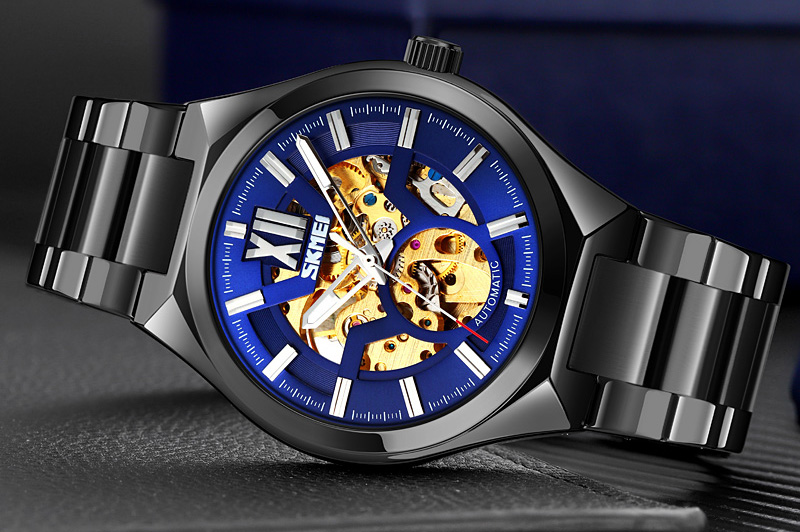When it comes to precision, mechanical watches are often considered the gold standard. But what makes a mechanical watch so accurate? As one of the smallest, strongest, and most precise pieces of machinery ever invented by man, there are several factors that ultimately affect its timing accuracy. Let’s dive into the five main factors that make up a mechanical watch’s accuracy.
- Accuracy of Parts:The accuracy of each individual part in a mechanical watch plays an important role in determining its overall timing accuracy. Each part must be manufactured with precision and assembled to perfection. This means that the parts must fit together correctly and with minimal friction. If any parts are off by even the slightest amount, it can cause inaccuracies when the watch is running.
- Quality of Materials Used: The materials used in the construction of a mechanical watch also have an effect on its timing accuracy. Certain materials may be more durable than others, but not necessarily more accurate. For example, if certain components are made from low-grade metals, they may be prone to wear out faster and cause inaccuracies over time.
- Supply Chain Integrity: Ensuring that each component is sourced from reliable suppliers who can guarantee quality is key for ensuring accurate timing results from a mechanical watch. Misaligned or faulty parts can lead to inaccuracy in the final product and could have serious consequences for performance over time.
- Construction Techniques Used: The techniques used during assembly play an important role in determining how accurately a watch will keep time as well as its overall durability over time. It’s essential that all components are assembled properly and with precision in order for them to interact correctly when the watch is running and maintain optimal performance for years to come.
- Temperature Sensitivity: Temperature changes can cause expansion or contraction of metal components in watches which affects their internal mechanics and therefore their accuracy as well as their overall performance over time.
For this reason, many high-end watches feature temperature compensation mechanisms which help regulate their internal mechanics when exposed to extreme temperatures.
The timing accuracy of mechanical watches relies on several factors such as parts accuracy, quality of materials used, supply chain integrity, construction techniques used and temperature sensitivity. If any one of these areas fails then it will result in inaccurate timing results and eventual poor performance due to wear over time. As China leading watch manufacturing OEM company, SKMEI Watches have more than 4000 SKU for choose, with well-developed watch factory. We supply various OEM, ODM and wholesale supporting for worldwide watches partners.


